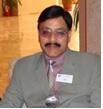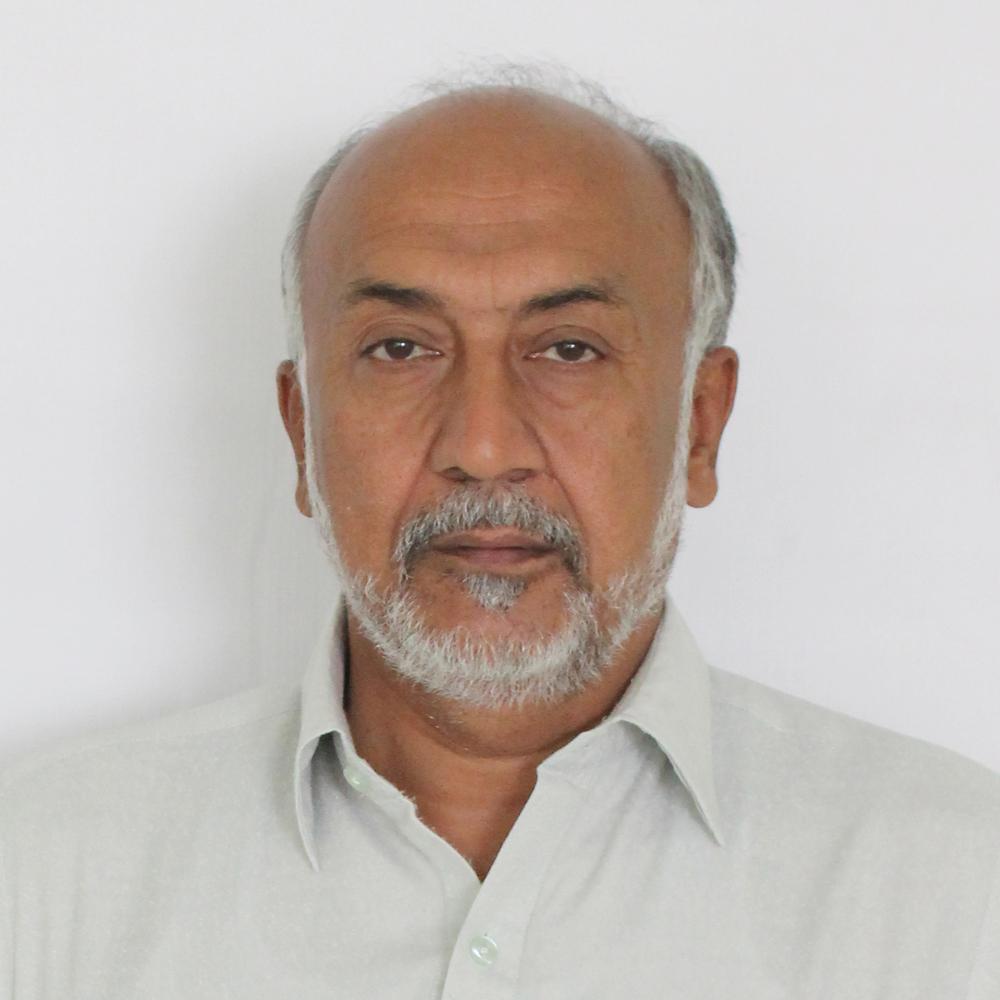BACHELOR OF ENGINEERING (Civil) - B.E (CIVIL)
More Info 136 credit hours
To provide students of civil engineering with sound technical knowledge and practical skills of relevance to the contemporary industry, together with the spirit of teamwork, ability to communicate effectively and inculcating professional ethics leading to a successful career with lifelong learning.
List of Programs offered by Departmet of Civil Engineering

More Info 136 credit hours
The four Program educational objectives (PEOs), as given below
Program outcomes are the narrower statements that describe what students are expected to know and be able to do by the time of graduation. These relate to the knowledge, skills and attitude that the students acquire while progressing through the program.
List of Faculty Members


